Are you a real history buff and are you looking for the best history museums to visit in Canary Islands? These are the ones:
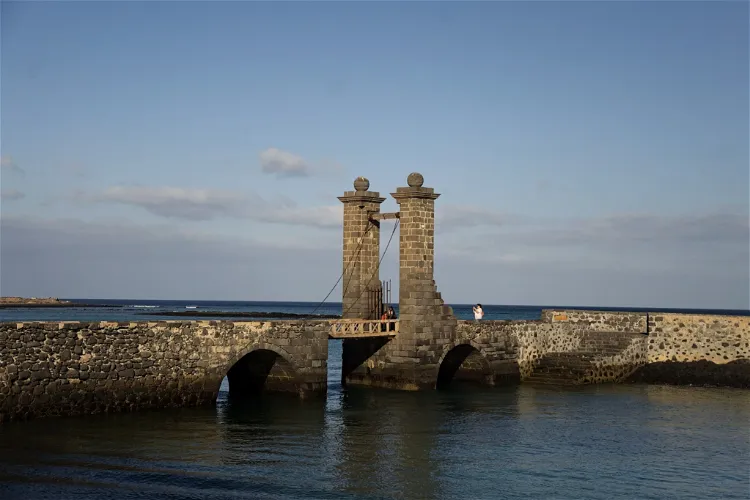
Saint Gabriel Castle
ArrecifeSituated on a small island accessible via two causeways, this compact fortress was built in 16th century for defensive purposes. Though it had been destroyed by pirates, it was completely rebuilt and now it houses an archaeological museum.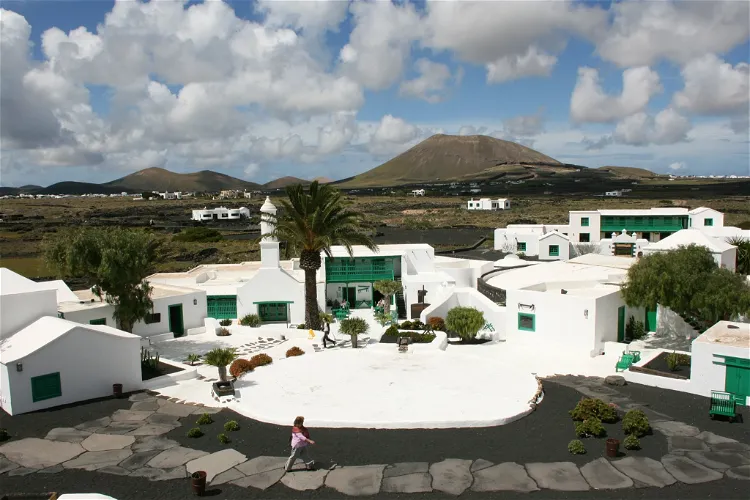
Monument to the Peasant
San BartoloméCreated by César Manrique, this monument and museum pay tribute to Lanzarote's agriculture. It celebrates the fact that despite the island's unfavorable environment, farmers are still able to produce world-renowned products including for instance wine.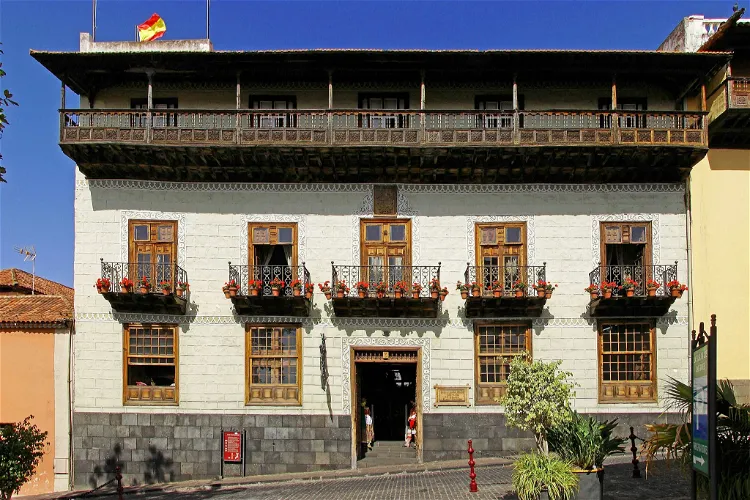
House of the Balconies
La OrotavaThe House of the Balconies, also known as Casa Méndez Fonseca, is a significant historical site in La Orotava, located in the north of Tenerife in the Canary Islands archipelago. This house is known for its unique three-story facade, referred to as 'sobrada', and its magnificent patio with carved wooden balconies. The house's history dates back to 1632 when it was originally built for Colonel Pedro Méndez de Castro. Over the years, the house has changed owners multiple times, with the ancestors of the current owners acquiring it in 1881.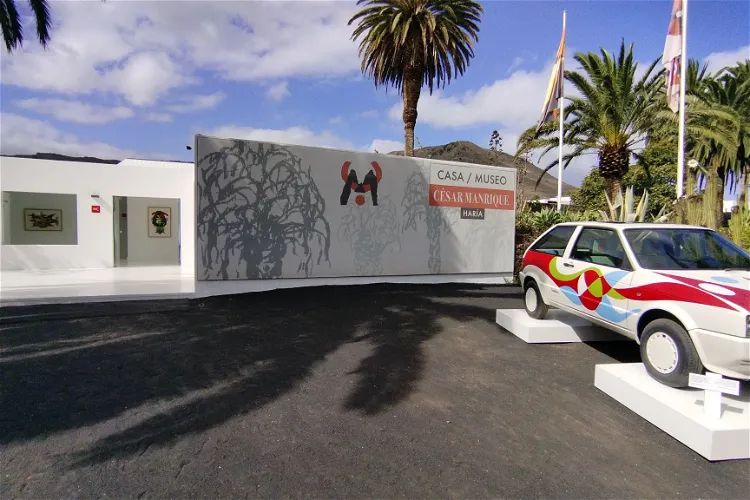
César Manrique House Museum
HaríaCésar Manrique's artistic influence extends to many buildings and projects on Lanzarote. These include the Mirador del Río, Jameos del Agua, Jardín de Cactus, the restaurant El Diablo in Timanfaya National Park, and the Gran Meliá Salinas hotel in Costa Teguise. These works reflect his unique style and his commitment to harmonizing architecture with nature.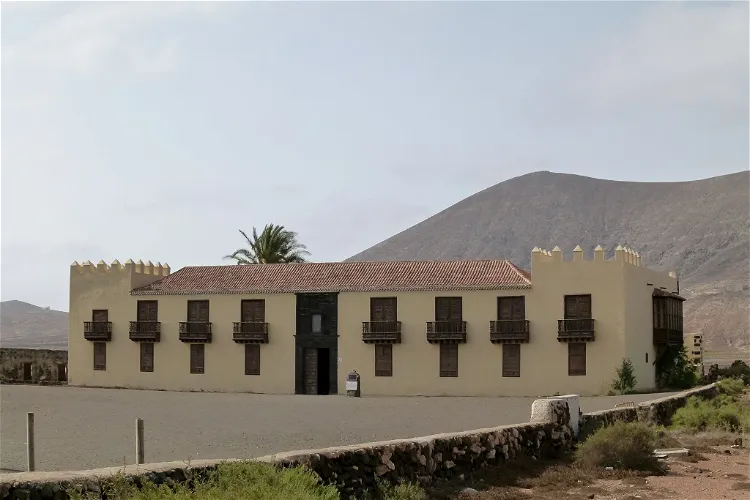
House of the Colonels
La OlivaCasa de los Coroneles is a historic building located in La Oliva, Canary Islands, Spain, on the island of Fuerteventura. This building holds a significant place in the history of the island and is a testament to the architectural style of the time.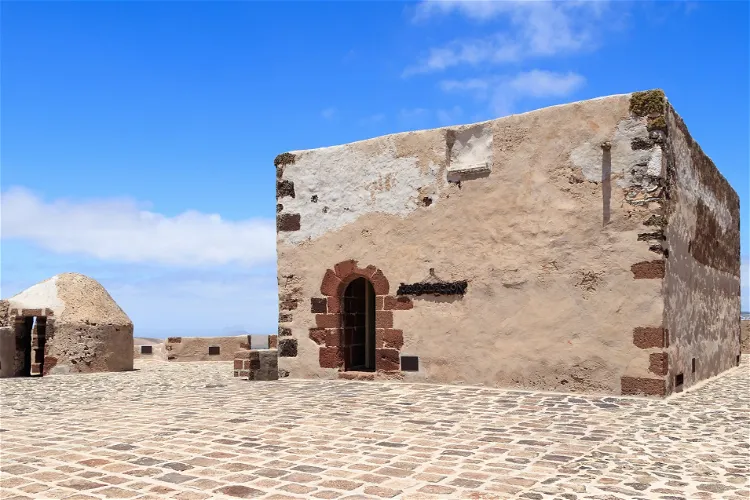
Santa Bárbara Castle
TeguiseSanta Barbara Castle, also known as Guanapay Castle or Teguise Castle, is situated on the edge of the Guanapay volcano crater. This historic site is not far from the city of Teguise on the island of Lanzarote. Its unique location offers visitors a chance to explore a piece of history while enjoying the natural beauty of the surrounding landscape.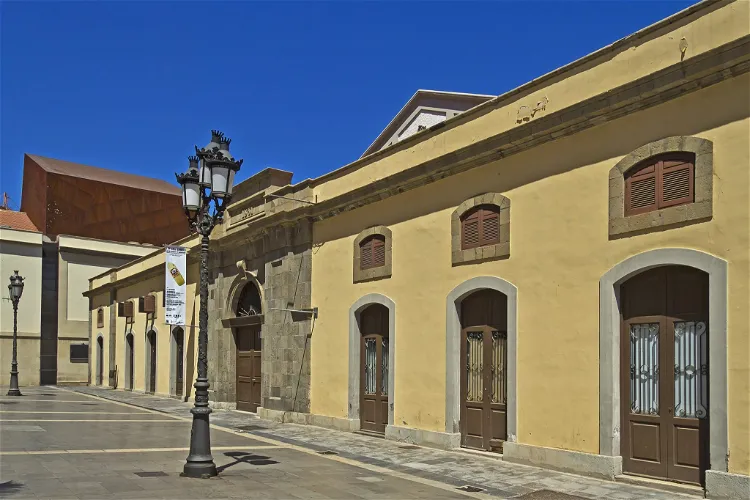
La Recova Art Center
Santa Cruz de TenerifeBased in a former market this interesting exhibition displays works of contemporary Spanish artists.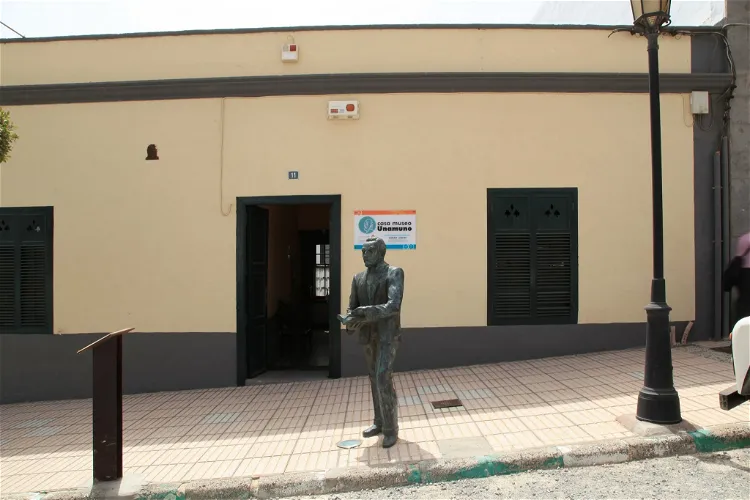
Unamuno House Museum
Puerto del RosarioThe Unamuno House Museum is situated in the historic heart of Salamanca, Spain. This location offers visitors the opportunity to explore the rich history and culture of the city, in addition to visiting the museum itself. The museum is easily accessible and is surrounded by other points of interest, making it a convenient stop on any tour of Salamanca.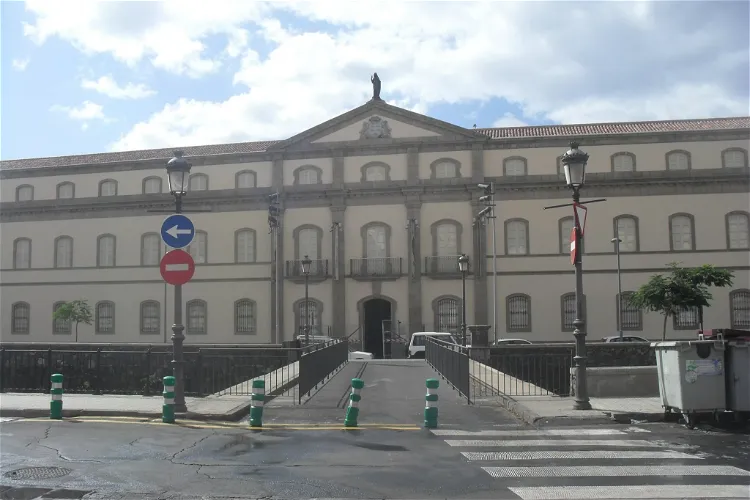
Museum of Nature and Archaeology
Santa Cruz de TenerifeThe Museum of Nature and Man, also known as Museo de la Naturaleza y el Hombre in Spanish, was inaugurated in the mid-1990s. It is an exhibition project that is part of the Autonomous Organism of Museums and Centers of the Cabildo de Tenerife. The museum is located in a neoclassical building outside the civil hospital of the city of Santa Cruz de Tenerife in the Canary Islands, Spain.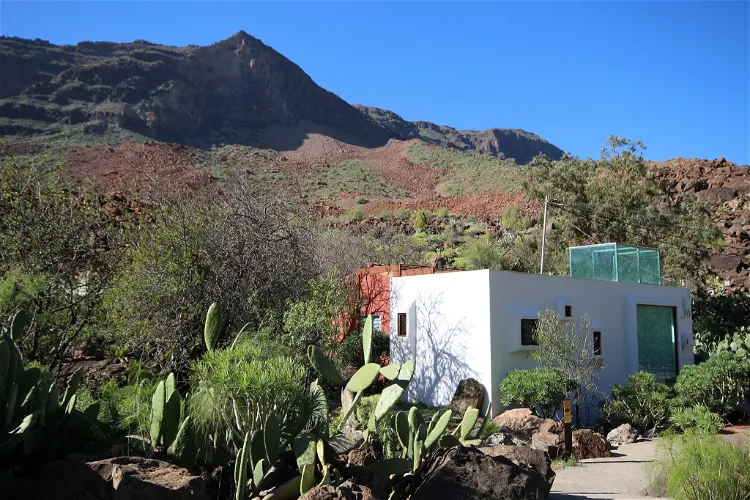
Necropolis of Arteara
San Bartolomé de TirajanaThe Necropolis of Arteara, located on the island of Gran Canaria in the Canary Islands, Spain, is an archaeological site of significant historical importance. It is the largest cemetery of the island's aborigines, providing a unique insight into the burial practices and customs of the early inhabitants of the island. The site is situated in the south of the island, on the right bank of the Fataga ravine next to the town of Arteara, in the municipality of San Bartolomé de Tirajana.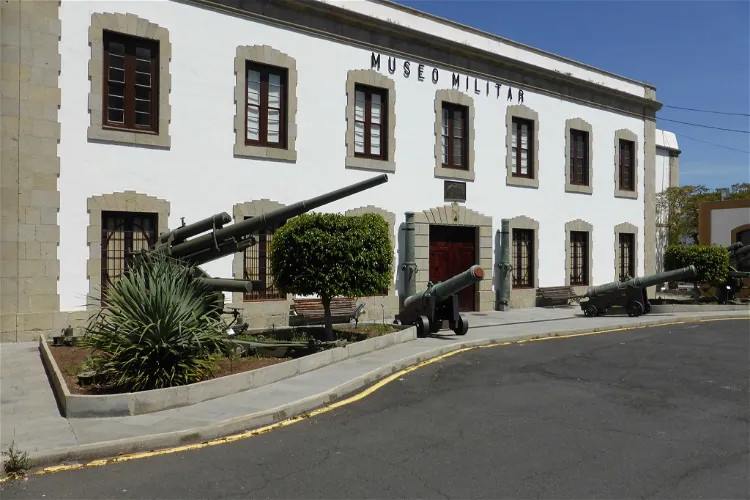
Historical Military Museum of the Canary Islands
Santa Cruz de TenerifeThe Historical Military Museum of the Canary Islands is situated within the Almeyda Fort in Santa Cruz de Tenerife, Canary Islands, Spain. The museum was first opened to the public in 1988, initially named the Regional Military Museum of the Canary Islands. Today, it is known as the Historical Military Museum of the Canary Islands.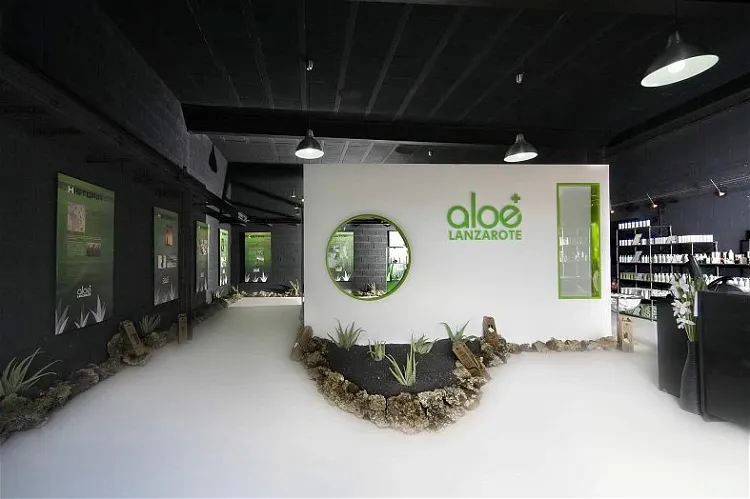
The Aloe Vera House Museum
HaríaCompany museum dedicated to the history of aloe vera treatments and to its medical effects. Visit this modern complex to learn more about it.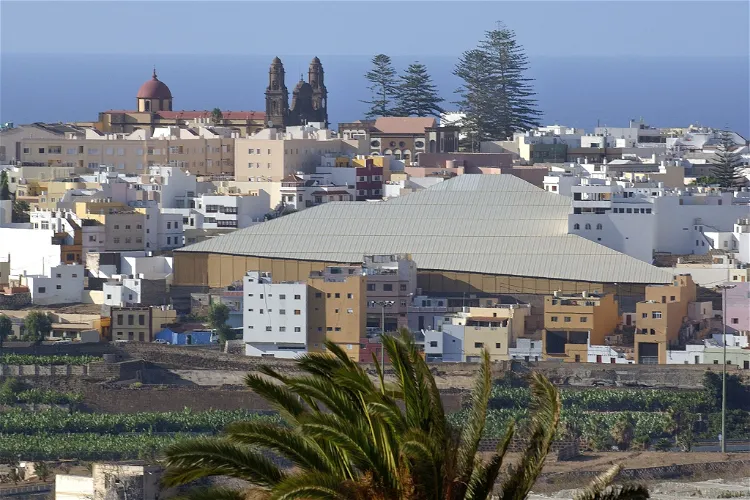
Cueva Pintada Museum and Archaeological Park
GáldarThe Cueva Pintada Museum and Archaeological Park is situated in the city of Gáldar, which is in the northwest of the island of Gran Canaria, Canary Islands, Spain. This location is a significant part of the Culture, Historical Heritage and Museums Council of the Cabildo de Gran Canaria.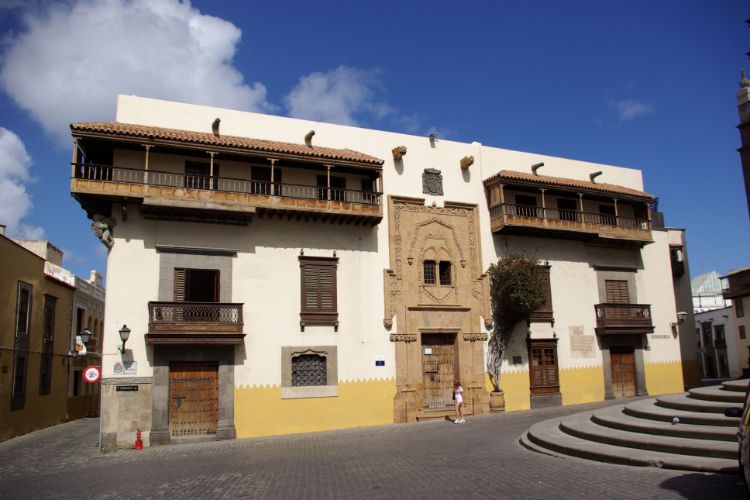
Casa de Colón
Las Palmas de Gran CanariaThe Casa de Colón is a cultural institution in Las Palmas de Gran Canaria.It is one of the most emblematic buildings of the city. It is dedicated to the history of the Canary Islands and its relations with America. It houses a museum, a library and study center, as well as spaces for temporary activ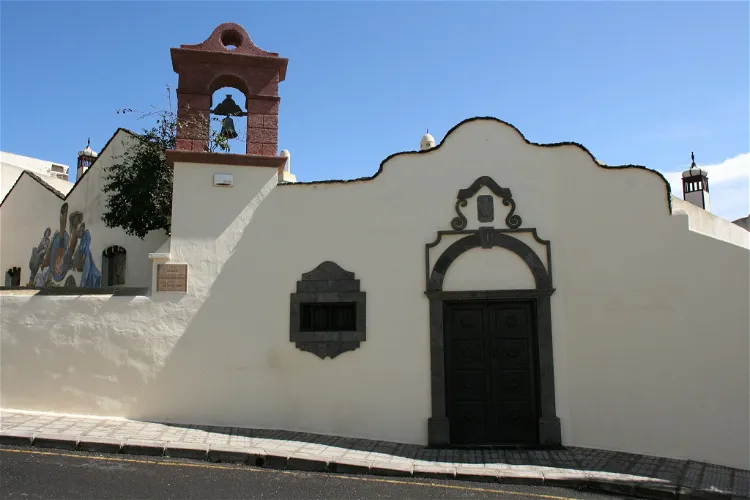
Tanit Ethnographic Museum
San BartoloméPicturesque museum that set its goal on presenting the traditional way of life in Lanzarote with its customs.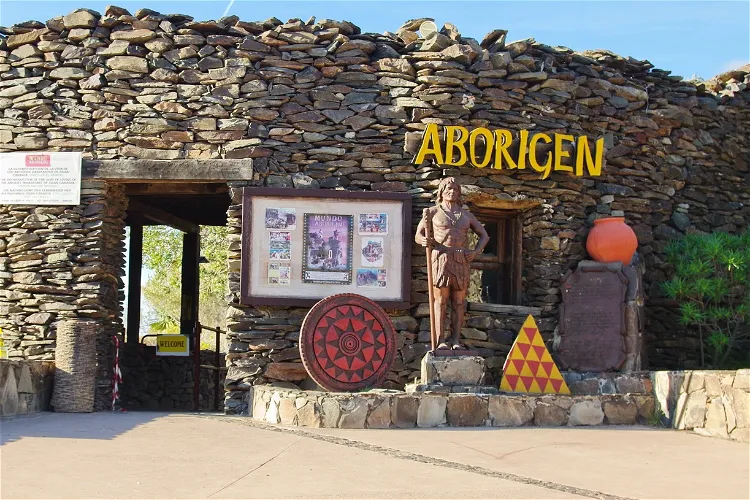
Mundo Aborigen
Las Palmas de Gran CanariaMundo Aborigen is an archaeological open-air museum situated in the municipality of San Bartolomé de Tirajana on the island of Gran Canaria, in the Spanish province of Las Palmas. This location offers a unique opportunity to explore the rich history and culture of the region.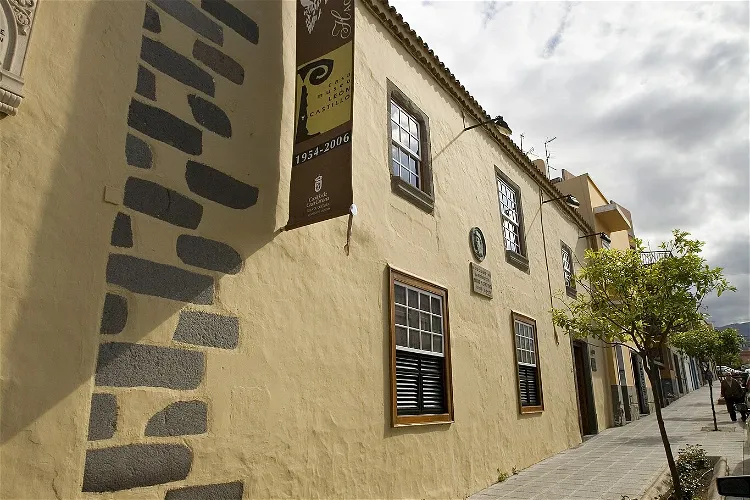
León y Castillo House Museum
TeldeThe León y Castillo House Museum is a public institution that is part of the Ministry of Culture, Historical Heritage and Museums of the Cabildo de Gran Canaria. It is situated in the city of Telde, on the island of Gran Canaria, which is part of the Canary Islands in Spain.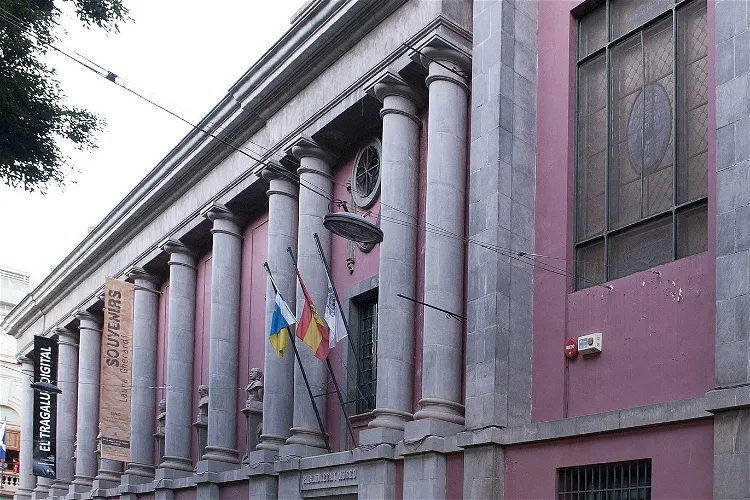
Municipal Museum of Fine Arts
Santa Cruz de TenerifeThe Municipal Museum of Fine Arts is situated in the city of Santa Cruz de Tenerife, Canary Islands, Spain. It is a part of the Autonomous Culture Organization of the Santa Cruz de Tenerife City Council. The museum is located at the rear of the building that was once the Convent of San Francisco, specifically on José Murphy Street, under the Plaza del Príncipe.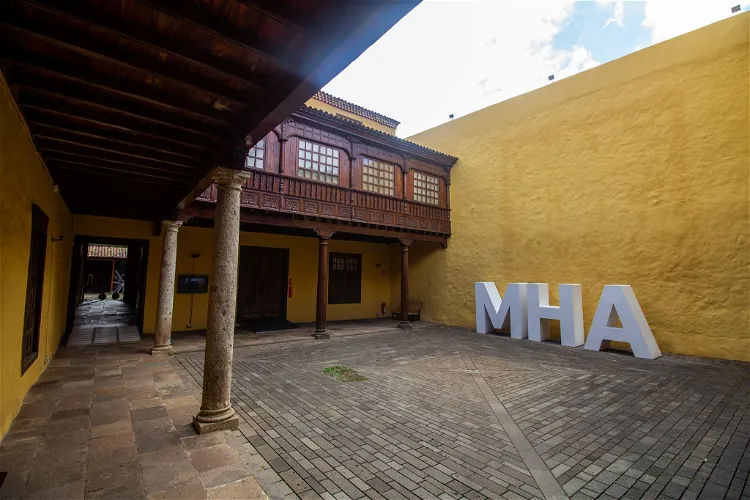
Museum of the History of Tenerife
San Cristóbal de La LagunaThe Museum of History and Anthropology of Tenerife provides a comprehensive overview of the island's history, from the 15th to the 20th century. It aims to disseminate the institutional, socioeconomic, and cultural development of Tenerife. Visitors can gain a deep understanding of the island's evolution through various exhibits and collections that highlight significant periods and events in its history.- 20
Bodegas El Grifo
San Bartolomé 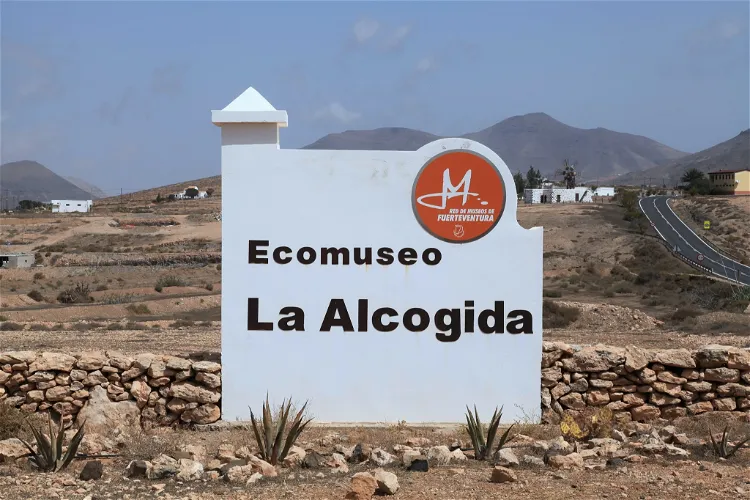
La Alcogida Ecomuseum
Puerto del RosarioAn open-air museum with seven restored houses. You can witness all of the "old life" here - from farming to crafts.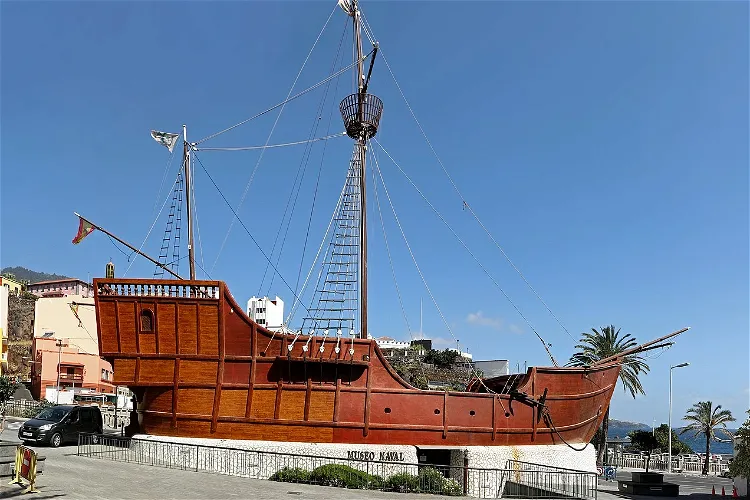
Naval Museum
Santa Cruz de la PalmaThe Naval Museum of the Ship of the Virgin is a unique attraction in Santa Cruz de La Palma, Canary Islands, Spain. It is a naval monument and museum that is shaped like a large galleon, and is situated next to the Las Nieves ravine, in the northern part of the city. This distinctive and iconic shape makes it a symbol of Santa Cruz de La Palma and one of the most recognized emblems of the island of La Palma itself.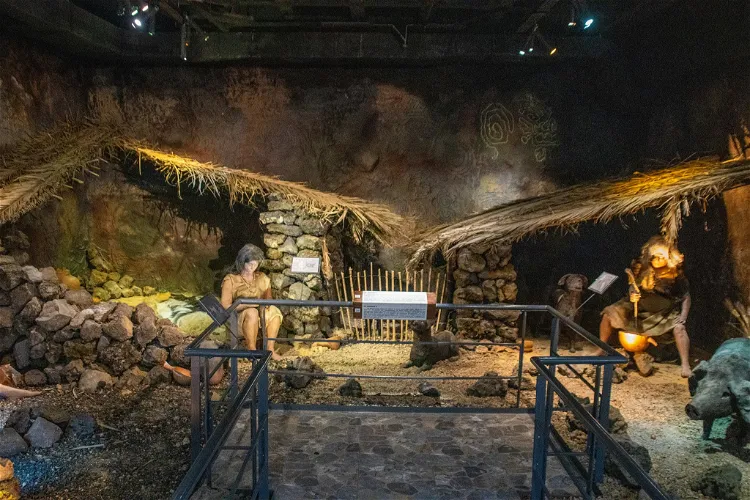
Guanche Museum
Icod de los VinosThe Museo Guanche is an ethnographic museum located in Icod de los Vinos, Tenerife. It provides a unique opportunity to delve into the history and culture of the Guanches, the native inhabitants of the Canary Islands.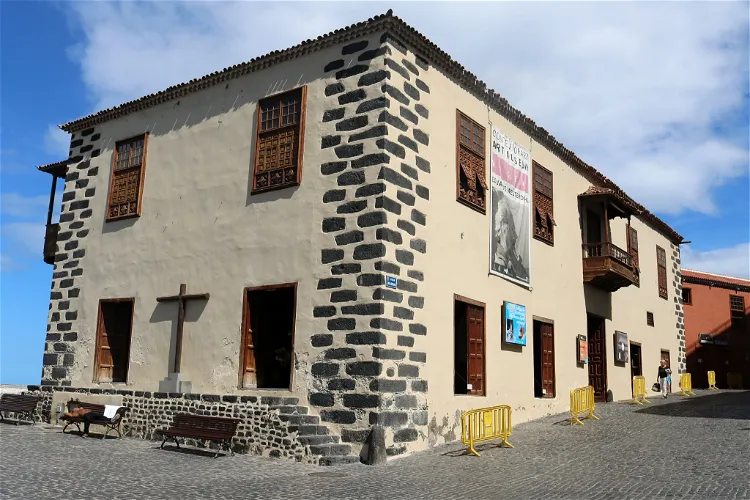
Museum of Contemporary Art Eduardo Westerdahl
Puerto de la CruzThe Museo de Arte Contemporáneo Eduardo Westerdahl (MACEW) is a museum dedicated to contemporary art, located in Puerto de la Cruz, Tenerife. The museum is managed by the Instituto de Estudios Hispánicos de Canarias. It showcases works from artists who were part of the European avant-garde, some of whom passed away more than 50 years ago.
Casa Roja Museum
Villa de Mazo- 26
Majorero Cheese Museum
Antigua 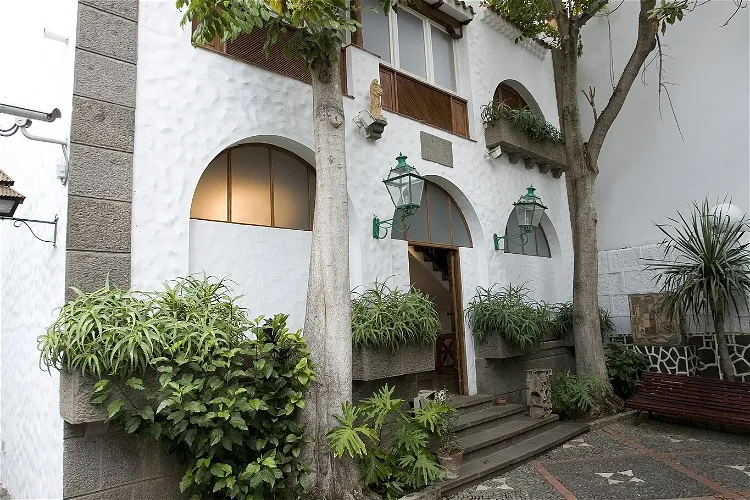
Antonio Padrón House Museum
GáldarThe Antonio Padrón House Museum is a public institution situated in Gáldar, Gran Canaria, Canary Islands, Spain. It falls under the jurisdiction of the Department of Culture, Historical Heritage and Museums of the Cabildo de Gran Canaria. This museum is dedicated to the life and works of Antonio Padrón, a multifaceted artist known for his painting, sculpture, ceramics, and composition.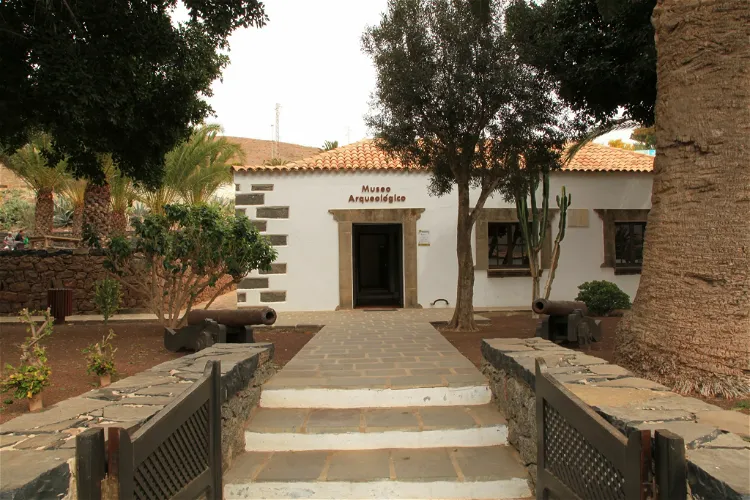
Betancuria Archaeological Museum
BetancuriaExplore the island's past through this venue. There are exhibits on both archaeology and paleontology.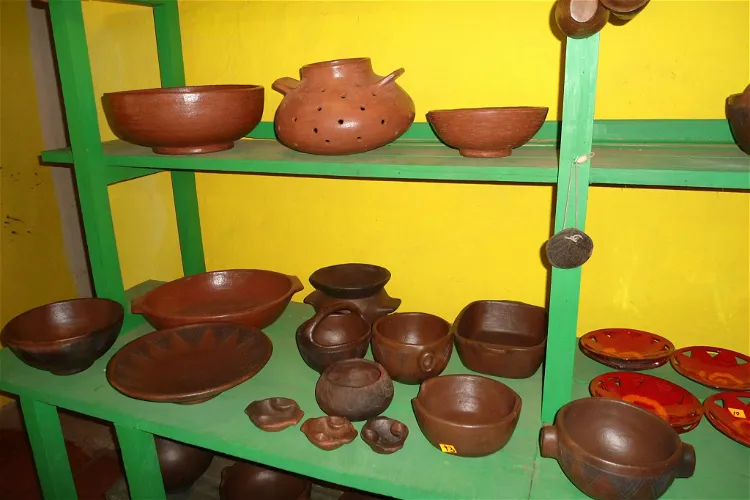
Centro de Interpretación de Las Loceras
VallehermosoLas loceras de El Cercado are a group of female potters from one of the most traditional centers in the Canary Islands. This pottery tradition has been passed down through generations and is a significant part of the local culture. Visitors to the Centro de Interpretación de Las Loceras in Vallehermoso can learn about this tradition and see the pottery being made.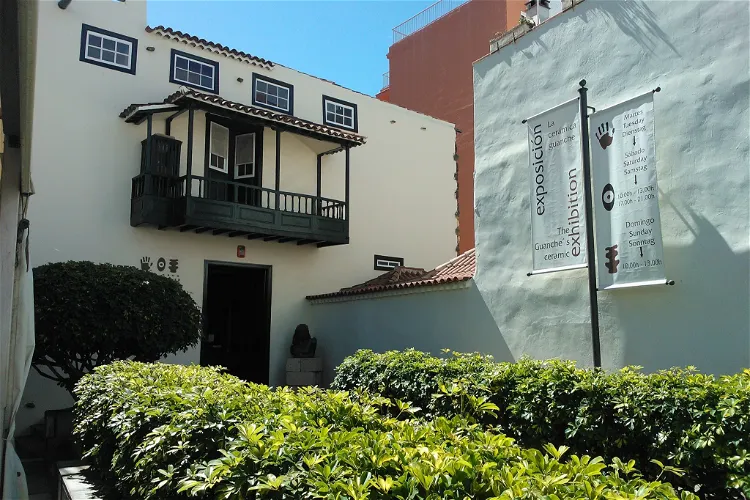
Archaeological Museum of Puerto de la Cruz
Puerto de la CruzThe museum is home to one of the most significant collections of Guanche aboriginal ceramics in the Canary Islands, featuring unique pieces that can only be found in Tenerife. This collection provides a unique insight into the artistic and cultural practices of the Guanche people.- 31
Ethnographic Center Casa de las Quinteras
Valverde 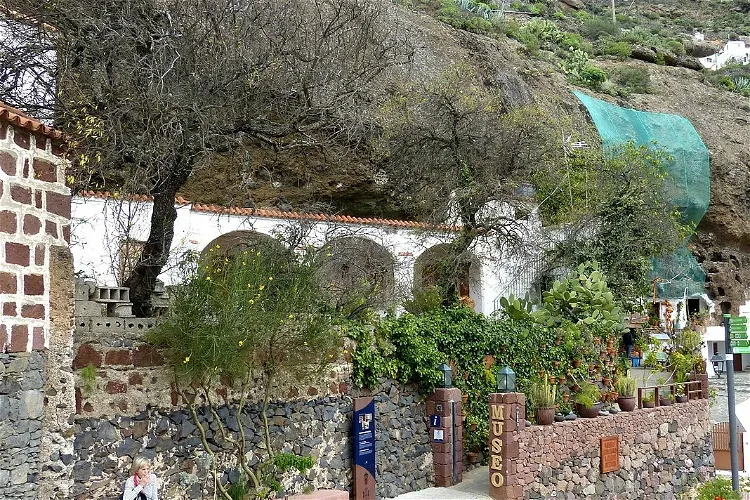
Ethnographic Museum Cave Houses
Artenara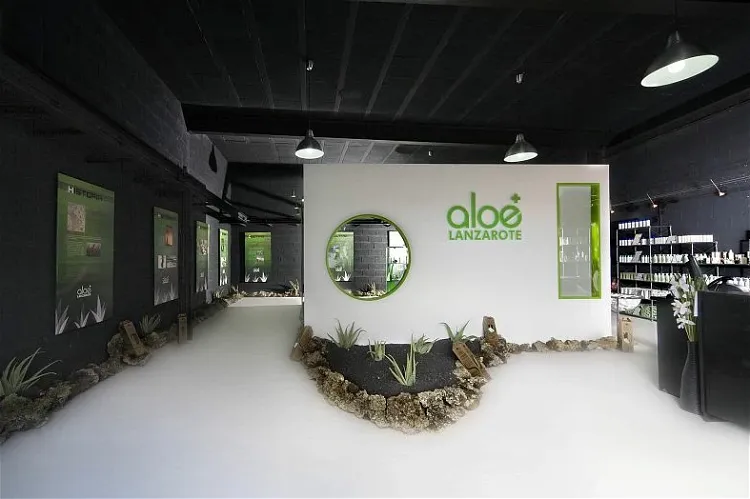
Aloe Vera Museum
YaizaThe Aloe Museum of Lanzarote, situated in the town of Arrieta in the north of the island, is a unique destination as it is the only Aloe Vera Interpretation Center in the Canary Islands. This makes it a distinctive place to visit for those interested in learning about the history, cultivation, and therapeutic applications of this plant.- 34
Ethnographic Museum Casa Luján
Puntallana 
Silk Museum
El Paso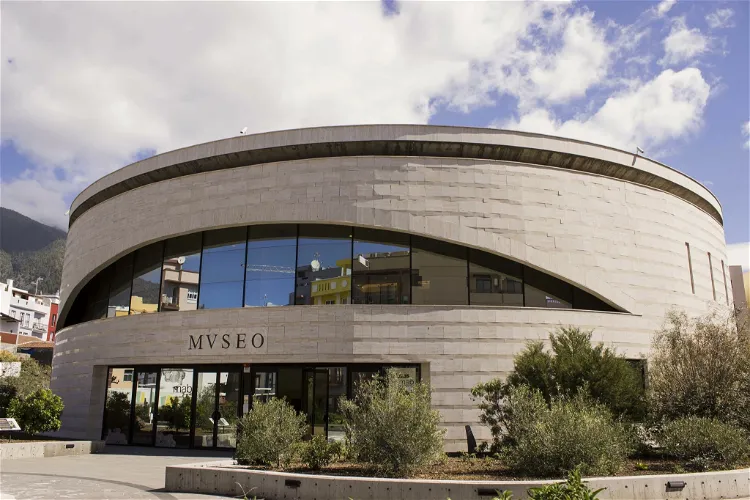
Benahoarita Archaeological Museum
Los Llanos de AridaneThe Benahoarita Archaeological Museum (MAB) holds a significant position as the most important archaeological institution on the island of La Palma, located in the Canary Islands, Spain. This museum is dedicated to showcasing the rich archaeological heritage of the island, making it a key destination for those interested in history and archaeology.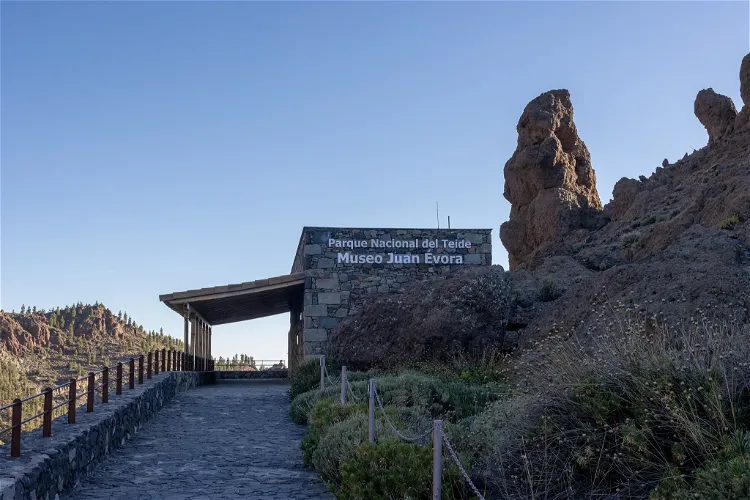
Juan Évora Ethnographic Museum
Guía de Isora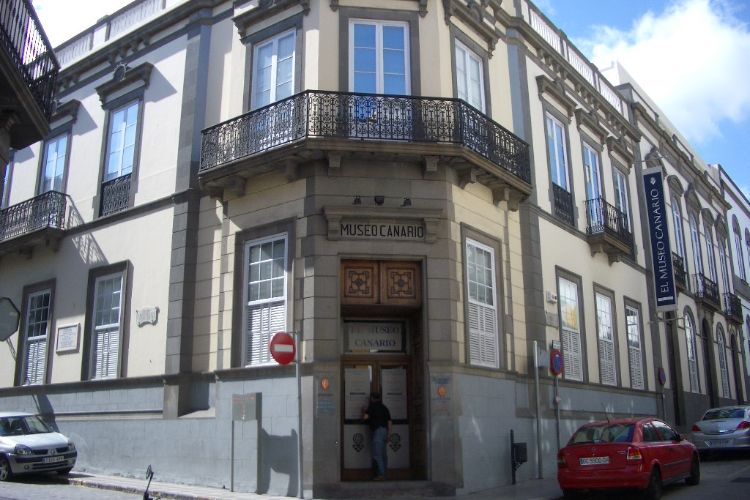
Canarian Museum
Las Palmas de Gran CanariaThe Canary Museum is a museum in Palmas de Gran Canaria that is located in the historic district of Vegueta. The museum is dedicated to and holds a collection solely on the Aboriginal population of Gran Canaria: a group of humans that came to this island from North Africa in the first centuries of o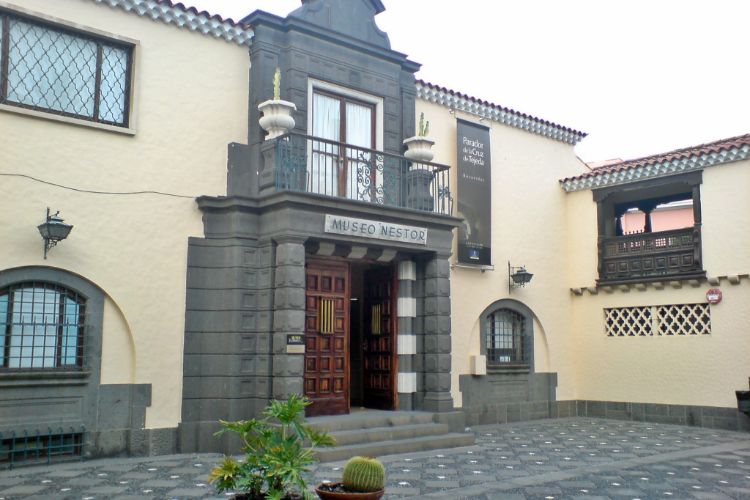
Museo Néstor
Las Palmas de Gran CanariaMuseo Néstor (The Néstor Museum) is a pinacoteca in the city of Las Palmas de Gran Canaria that exhibits most of the work of the Gran Canarian artist Néstor Martín-Fernández de la Torre. The museum is housed in 'Pueblo Canario', an architectural ensemble that was an idea by Nestor himself and design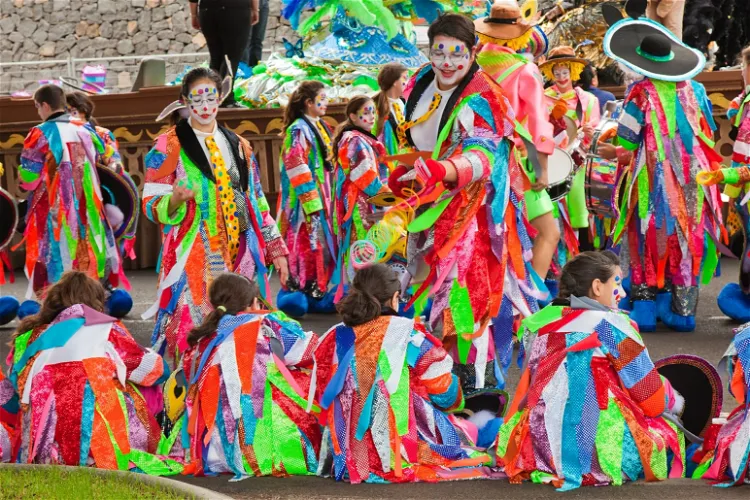
Carnival House
Santa Cruz de TenerifeLa Casa del Carnaval, located in Santa Cruz de Tenerife, is a museum dedicated to the city's renowned carnival. This event has been recognized as a Fiesta of International Tourist Interest, attracting visitors from all over the world. The museum provides an in-depth look into the history and cultural significance of this vibrant celebration.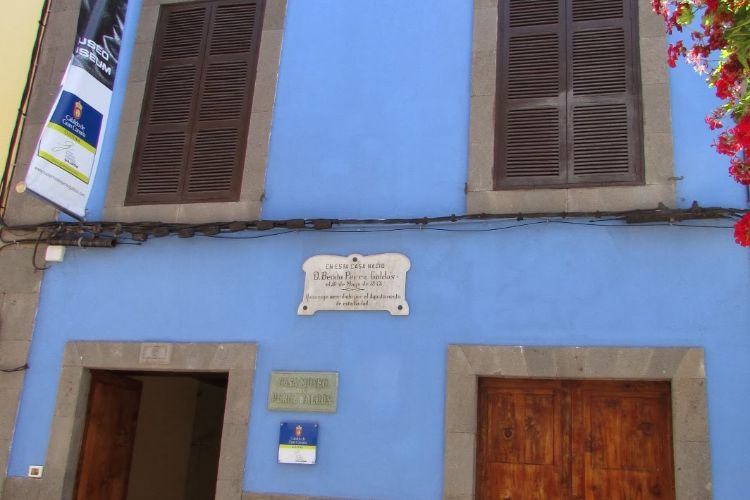
Casa-Museo Pérez Galdós
Las Palmas de Gran CanariaCasa-Museo Pérez Galdós (The Pérez Galdós House-Museum) in Las Palmas de Gran Canaria is a traditional house from the 19th and part of the 20th century. The writer Benito Pérez Galdós was born and lived here until he was 19, until 1862. Besides the many preserved furniture (from all the houses where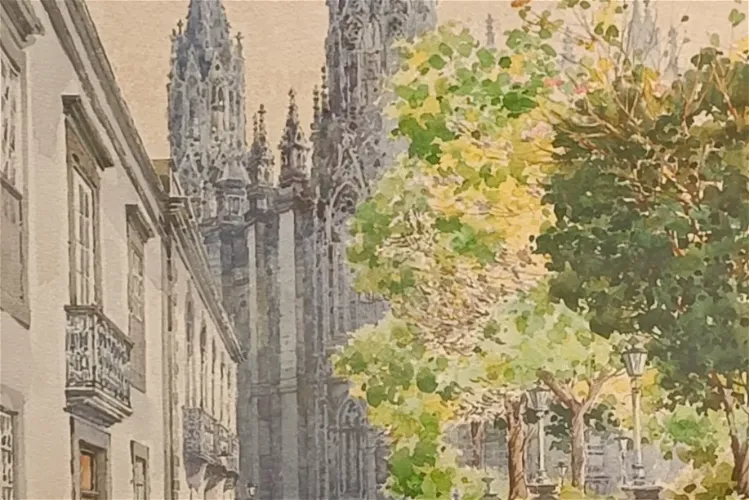
Arucas Municipal Museum
Arucas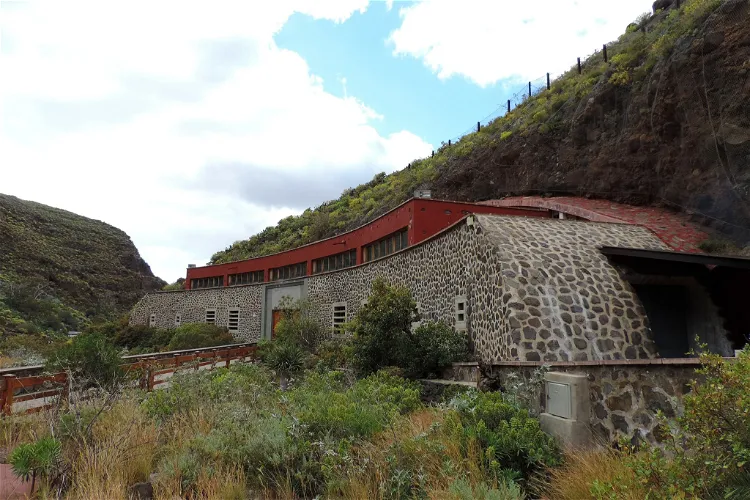
Guayadeque Museum
Telde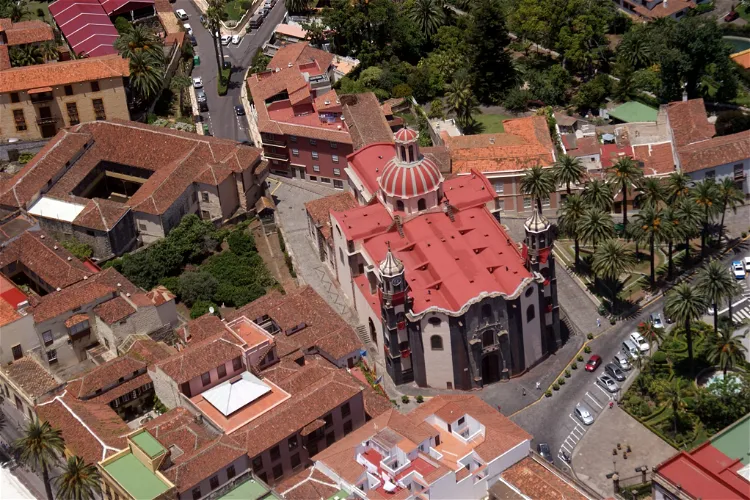
Museum of Sacred Art El Tesoro De La Concepción
La OrotavaEl Tesoro de la Concepción is a museum of sacred art located in La Orotava, Tenerife, Canary Islands, Spain. It is part of the Parish of Our Lady of the Conception and houses a vast collection of religious art and artifacts. The museum's collections span over 500 years of the parish's history and are displayed in seven rooms adjacent to the church.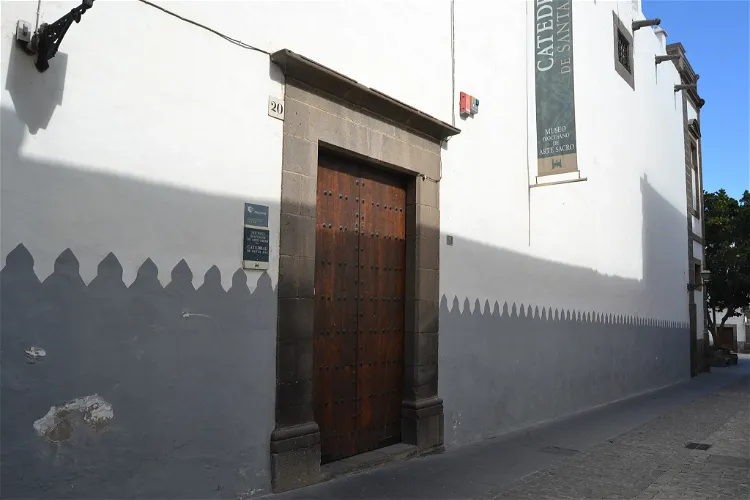
Sacred Art Museum
Gáldar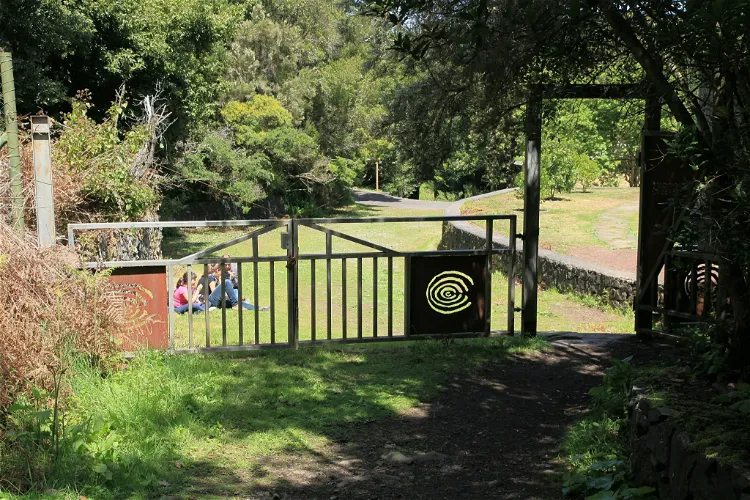
Cultural Park La Zarza
Garafía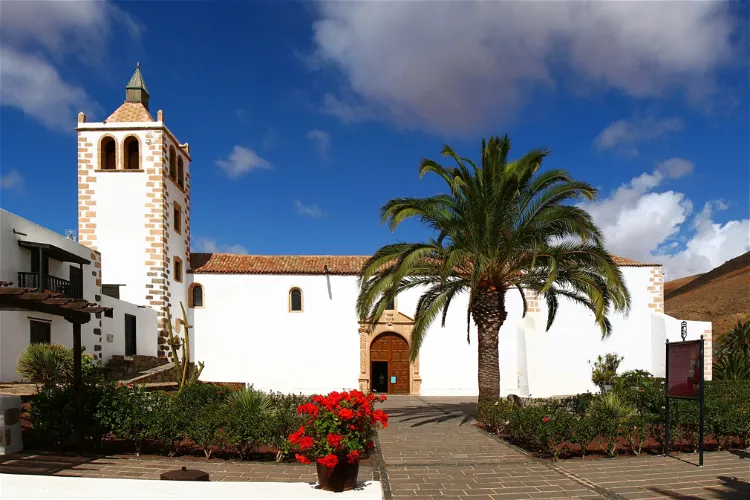
Museum of Sacred Art Betancuria
BetancuriaA chance to learn all about the island's culture, from weavers at work to the local cheese. There is even a small shop.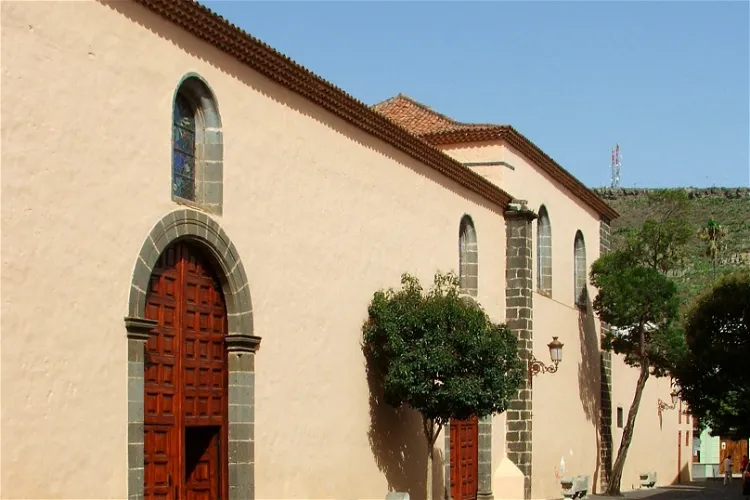
Santa Clara Museum of Sacred Art
San Cristóbal de La Laguna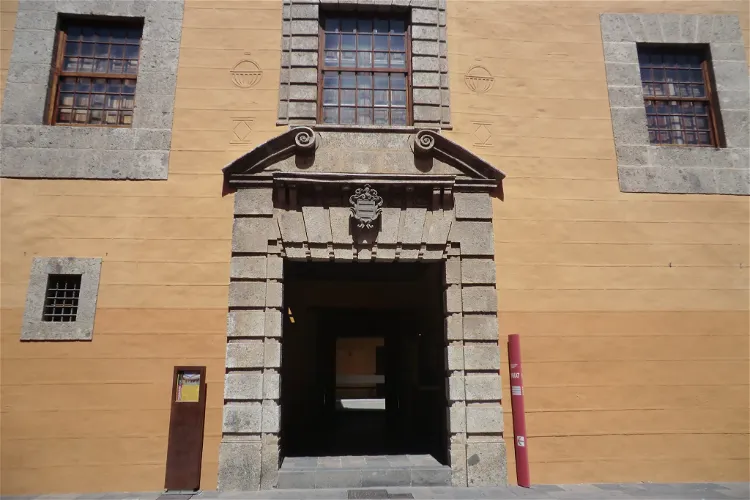
Museo de Historia y Antropologia de Tenerife (Casa Lercaro)
San Cristóbal de La LagunaThe primary role of the Museo de Historia y Antropología de Tenerife is to research, preserve, and disseminate the popular culture of the Canary Islands. Visitors to the museum can expect to gain a deep understanding of the region's cultural and social realities through the museum's exhibits and collections.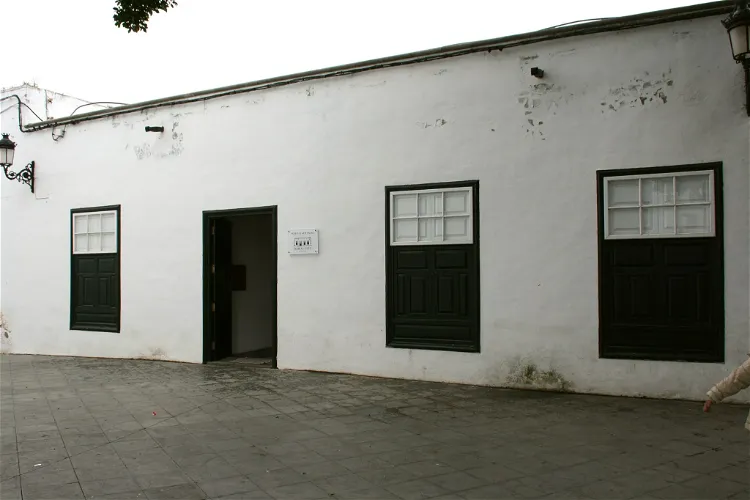
Museum of Sacred Art
Haría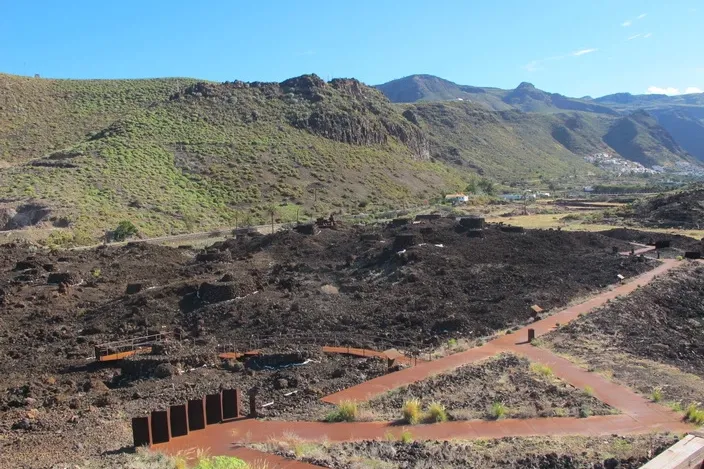
Maipés Archaeological Park of Agaete
AgaeteThe El Maipés necropolis, located near Agaete on the Spanish island of Grand Canary, is an ancient burial site. It is situated in the province of Las Palmas in the Canary Islands, off the west coast of Africa. This site offers a unique opportunity to explore the rich history and cultural heritage of the region.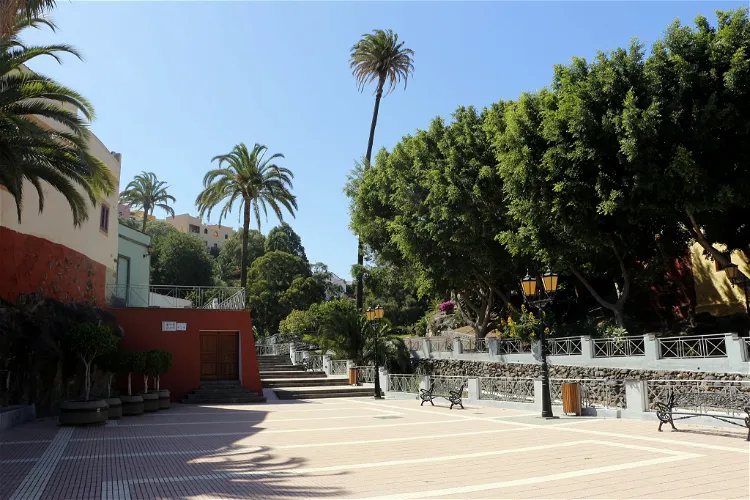
Néstor Álamo Museum
Santa María de Guía de Gran Canaria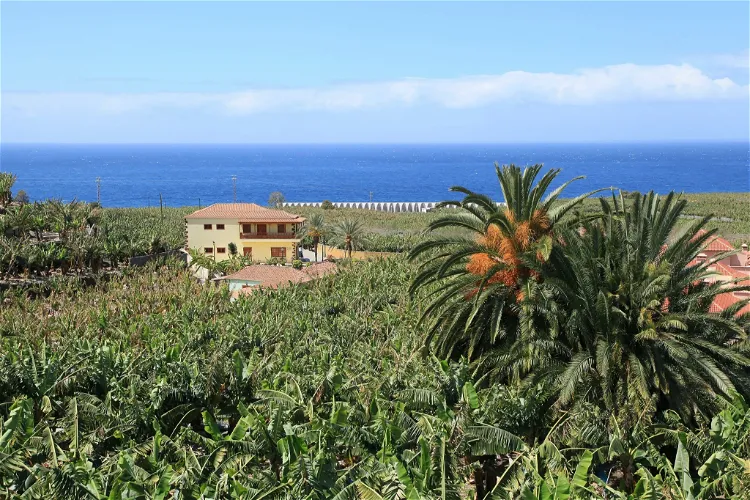
Mojo Museum
Tazacorte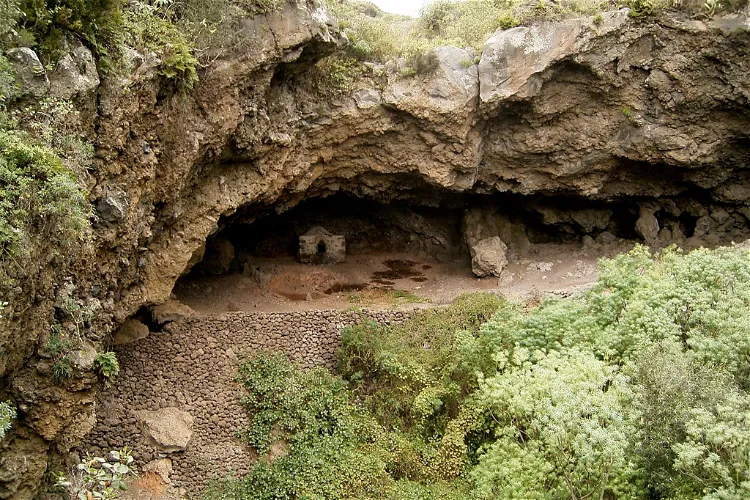
Archaeological Park Belmaco
Villa de MazoThe Archaeological Park of Belmaco, also known as Cueva de Belmaco, is one of the most significant archaeological sites in the Canary Islands. It is situated in Villa de Mazo, a location that adds to its historical significance. The park offers a unique opportunity to explore the rich history and culture of the region.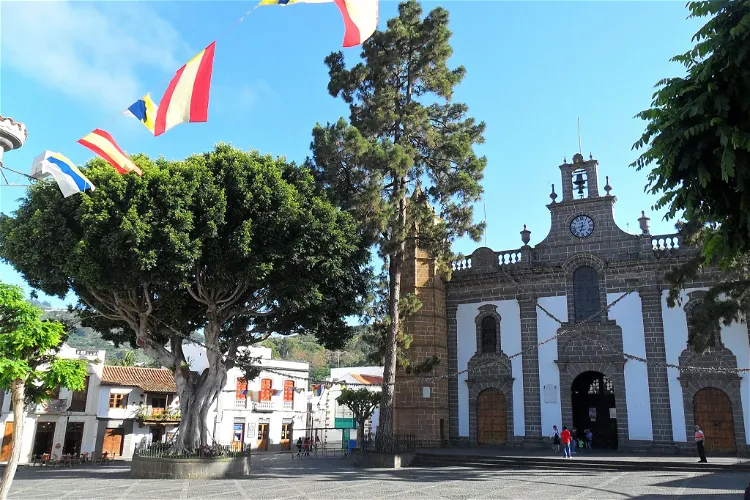
Basílica de Nuestra Señora del Pino
Teror- 56
El Julan Cultural Park
El Pinar de El Hierro - 57
La Gomera Ethnographic Museum
Hermigua - 58
La Fortaleza Centro de Interpretation
Santa Lucía de Tirajana - 59
Archaeological Museum of La Gomera
San Sebastián de la GomeraThe Archaeological Museum of La Gomera, known as Museo Arqueológico de La Gomera in Spanish, is situated in the city of San Sebastián de La Gomera in Spain. This museum is a significant cultural institution that provides insights into the history and culture of the island's ancient inhabitants, the Gomeros. - 60
Diocesis Museum of Religious Art
Teguise - 61
Pinolere Ethnographic Museum
La Orotava - 62
Barranco Hondo Bajo Ethnographic Cave Museum
Gáldar - 63
Orlando Hernandez House Museum
AgüimesOrlando Hernández Martín, born in Agüimes on March 18, 1936, and passed away in Las Palmas de Gran Canaria on May 2, 1997, was a renowned Spanish playwright. His contributions to the world of literature and drama have left a significant mark on Spanish culture. - 64
Education Museum
Santa Cruz de la Palma - 65
Cha Domitila Ethnographic Museum
Santiago del Teide - 66
Granadilla de Abona History Museum
Granadilla de Abona - 67
Museo Casa de el Capitán
San Miguel de Abona - 68
Museo Etnografico
Tijarafe - 69
Casa de la Castaña y la Alfarería
La Victoria de Acentejo